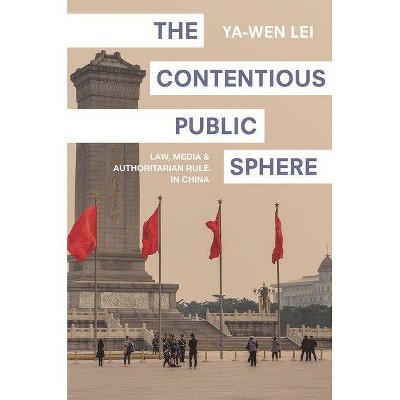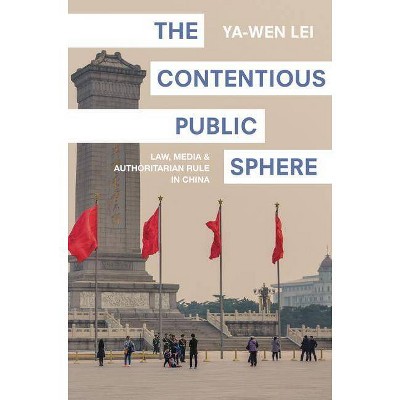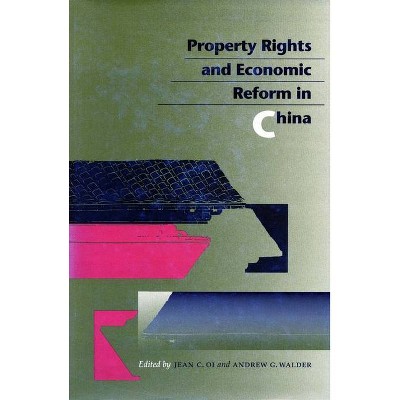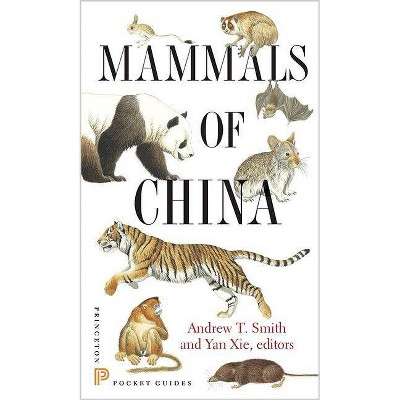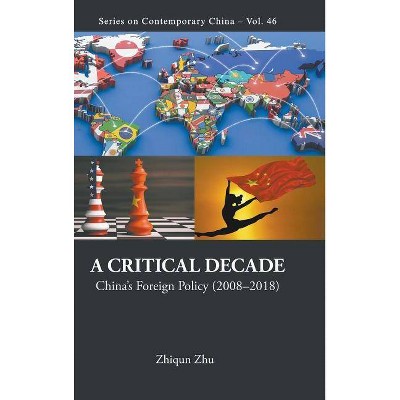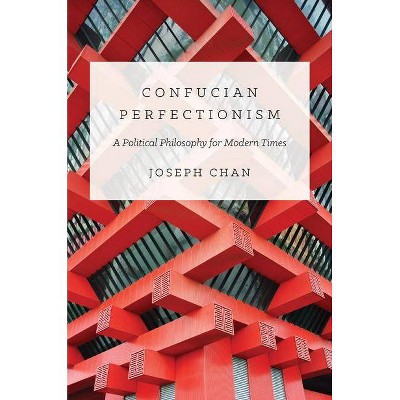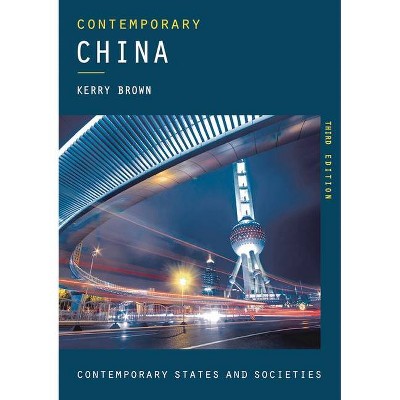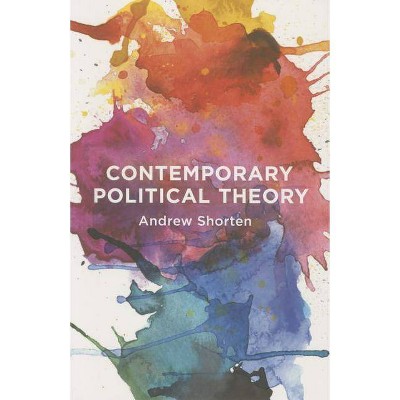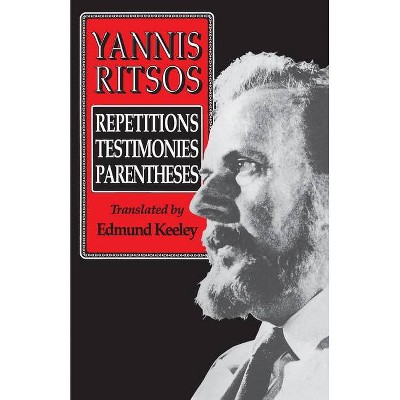A Decade of Upheaval - (Princeton Studies in Contemporary China) by Dong Guoqiang & Andrew G Walder (Paperback)
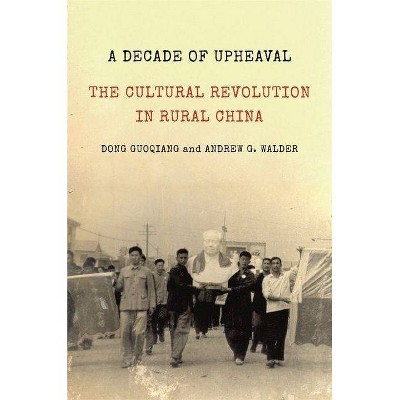
Similar Products
Products of same category from the store
AllProduct info
<p/><br></br><p><b> About the Book </b></p></br></br>"Based on an unusually broad and deep range of primary sources (including work diaries, interviews with key informants and military officers, and official and unofficial documents), this book systematically examines the structure of political conflict in China's the poor and relatively remote Feng County during the decade-long period that began with the Red Guard movement in 1966 and ended with the death of Mao Zedong and the "Gang of Four" in 1976. It is the first to focus on county-level politics during this decade, and it reveals a surprising level of social and political disruption that continued almost without end throughout the 10-year period. These dramatic events run very much against the grain of a longstanding scholarly consensus that the upheavals of the Cultural Revolution were primarily an urban phenomenon. This rural county was as deeply disrupted by ongoing factional struggles as any documented locality in China. The book is structured chronologically, in short chapters that take the reader through the unfolding factional warfare that took place in the county, reflecting both on how the conflict reflected national trends during the period as well as and the ways in which Feng County's experience appears to be unusual. Ultimately what emerges is a painstaking chronicle of how one rural county experienced the Cultural Revolution--illuminating the all-encompassing nature of the Cultural Revolution and bringing attention to the overlooked rural experience"--<p/><br></br><p><b> Book Synopsis </b></p></br></br><p><b>A revealing exploration of political disruption and violence in a rural Chinese county during the Cultural Revolution</b> <p/><i>A Decade of Upheaval</i> chronicles the surprising and dramatic political conflicts of a rural Chinese county over the course of the Cultural Revolution. Drawing on an unprecedented range of sources--including work diaries, interviews, internal party documents, and military directives--Dong Guoqiang and Andrew Walder uncover a previously unimagined level of strife in the countryside that began with the Red Guard Movement in 1966 and continued unabated until the death of Mao Zedong in 1976. <p/>Showing how the upheavals of the Cultural Revolution were not limited to urban areas, but reached far into isolated rural regions, Dong and Walder reveal that the intervention of military forces in 1967 encouraged factional divisions in Feng County because different branches of China's armed forces took various sides in local disputes. The authors also lay bare how the fortunes of local political groups were closely tethered to unpredictable shifts in the decisions of government authorities in Beijing. Eventually, a backlash against suppression and victimization grew in the early 1970s and resulted in active protests, which presaged the settling of scores against radical Maoism. <p/>A meticulous look at how one overlooked region experienced the Cultural Revolution, <i>A Decade of Upheaval</i> illuminates the all-encompassing nature of one of the most unstable periods in modern Chinese history.</p><p/><br></br><p><b> About the Author </b></p></br></br><b>Dong Guoqiang</b> is professor of history at Fudan University in Shanghai. <b>Andrew G. Walder</b> is the Denise O'Leary and Kent Thiry Professor of Sociology at Stanford University, where he is also a senior fellow in the Freeman-Spogli Institute of International Studies.
Price History
Cheapest price in the interval: 29.99 on October 28, 2021
Most expensive price in the interval: 29.99 on December 17, 2021
Price Archive shows prices from various stores, lets you see history and find the cheapest. There is no actual sale on the website. For all support, inquiry and suggestion messages communication@pricearchive.us
